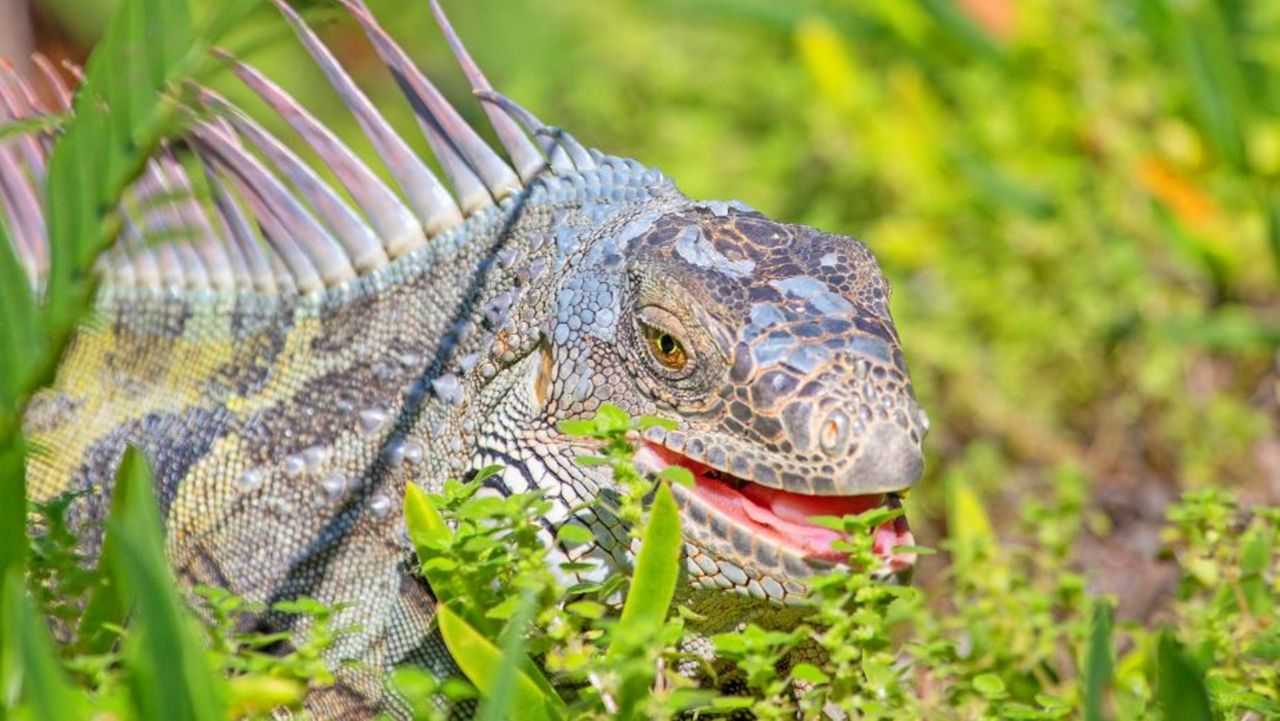STATEWIDE — The Florida Fish and Wildlife Conservation Commission on Thursday banned the importation, breeding, and possession of Burmese pythons, Argentine black and white tegus, green iguanas, and 13 other high-risk nonnative reptiles.
What You Need To Know
- The Fish and Wildlife Commission banned 16 nonnative reptiles
- The reptiles were identified as risky for Florida's ecology, economy, and safety
- A new rule makes it illegal to breed, import, and own them
- The list includes pythons, tegus, green iguanas, and other nonnative reptiles
Overall, the rule bans commercial breeding and personal ownership of the reptiles. Only educational and research institutions and groups looking to eradicate or control the introduction and reproduction of them would be granted permits.
The reptiles are considered risks to Florida’s ecology, economy, and human health and safety.
In addition to the Argentine black and white tegus and green iguanas, they include: Indian and Burmese pythons, North African pythons, Southern African pythons, Amethystine python, Scrub pythons, green anacondas, and Nile monitors.
The rule will allow for current tegu and green iguana pet owners to keep their personal pets with a no-cost permit. The breeding of tegus and iguanas for commercial sale can continue until June 30, 2024 but will be prohibited after that.
Once rules take effect, pet owners and others in possession of these species will have 90 days to come into compliance. They will have 180 days to improve outdoor enclosures to bring them into compliance with the new caging rules.
“I’m very sensitive to the people in the pet trade and enthusiasts. But this action is a result of the invasive species that continue to get into the wild,” FWC Commissioner Robert Spottswood said “We have so many of these species now: pythons, tegus, iguanas. These animals are doing lots of damage, and we are incumbent to do something.”
The FWC hosted online stakeholder workshops to present proposed rule changes and collect public comment on the draft rules, and they took more comments at Thursday’s meeting. The FWC said staff considered this feedback to help improve the final rule language.
Most of those in favor of the ban included environmental and conservation groups, and many of those opposed were breeders.



